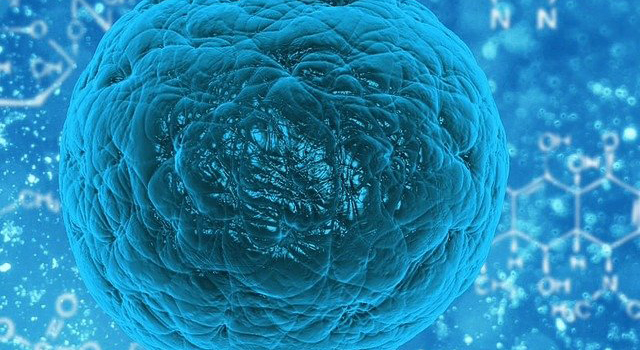
The human microbiome can be defined as all the microorganisms that are found within the human body. These microorganisms, which can include bacteria, fungi, viruses and bacteriophage, are normal constituents of the body and reside in the gut, the skin, the lung and many other sites. The microbiota are critical for human health as these organisms help digest food and provide important vitamins and minerals. In addition, the microbiota prevent colonization of human tissues by pathogenic microorganisms that cause disease. Interestingly, the microbiota, which make up more than 90% of all cells within the body, are not seen as “foreign” by the immune system and are in fact, important partners of the immune system. Indeed, the immune system is educated from birth to distinguish the commensal microbiota from dangerous pathogens. The microbiota, in turn, shape the maturation of the immune system and dampen immune-initiated inflammatory responses. If the microbiome community is modified – for example through exposure to antibiotics or a poor diet – the immune system is also modified – often with deleterious effects.
The importance of maintaining a healthy microbiome to support immunity can be illustrated with data showing that an altered microbiome can negatively impact cancer immunotherapy treatments. Altered unhealthy microbiomes can also contribute to recurrent infections with the hospital acquired bacteria Clostridium dificile, and in recent years fecal transplants that replace the altered microbiota with healthy microbiota are now used in the treatment of this infection. Mucosal immunologists study the interactions between the microbiota and the immune system in order to understand how a healthy microbiome supports optimal immune responses to pathogens and prevents immune dysregulation and inflammation. Researchers are also determining which microbiota within the larger microorganism community are important for promoting a healthy immune system. In the future, these microorganisms could be used as an immunotherapy to reset immune systems that have been altered by treatments for cancer or other diseases.
Learn more about the immunology-microbiome connection here.